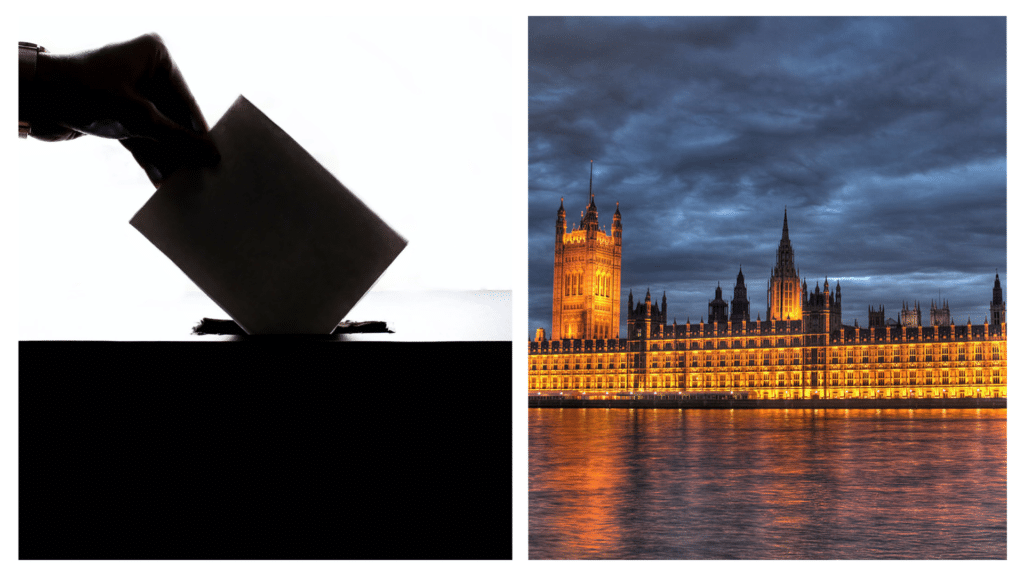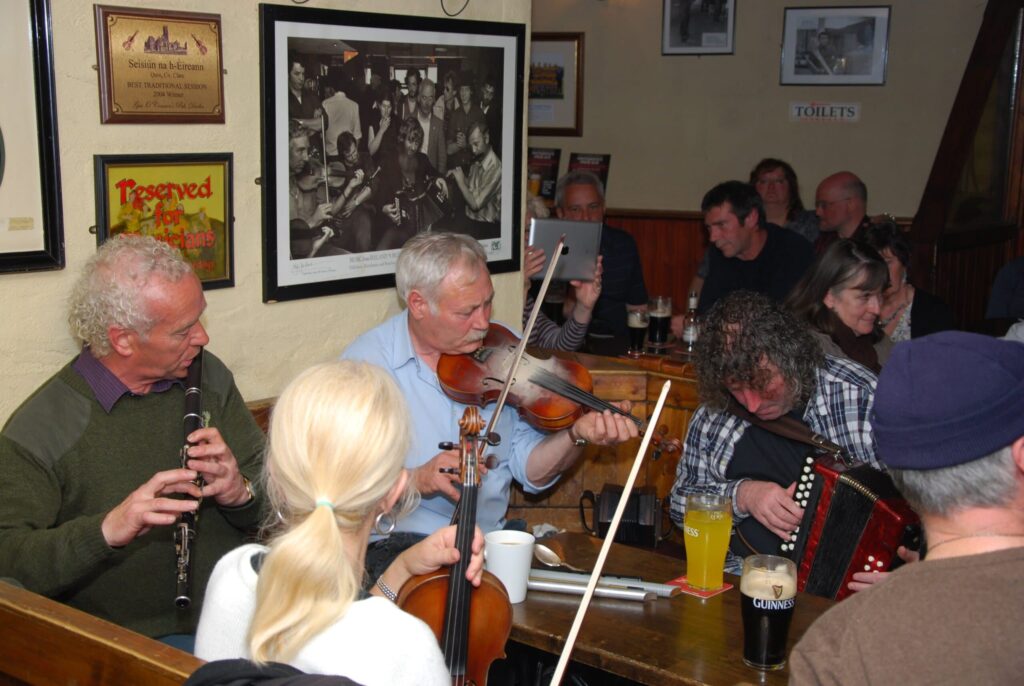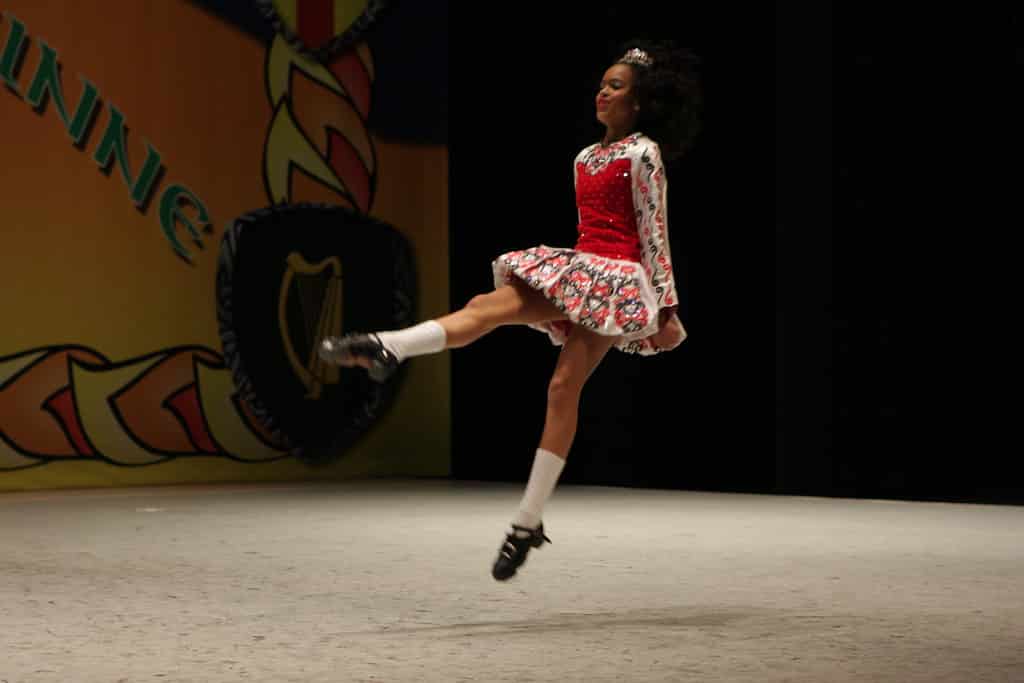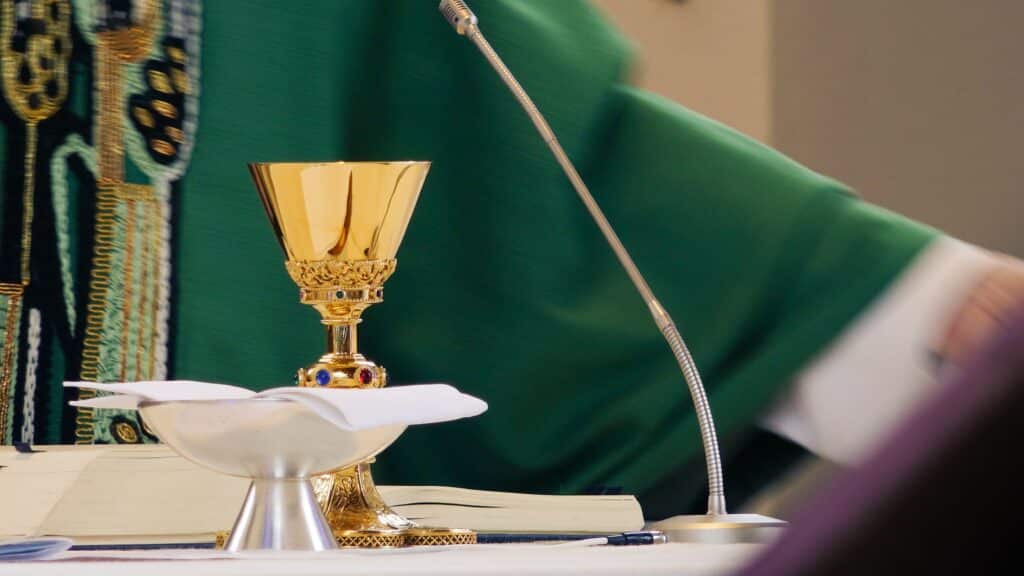It’s no secret that Ireland was a very different place under British rule. Here are some of the worst laws endured in our history.

While our country is free now, the history of the Irish people was wrought with many restricting laws. From rules dictating how they divide their land to laws prohibiting them from entering certain professions, here’s a list of the most notorious laws the English brought to Ireland.
This is an excellent catch-up if you slept through your history classes in your early years or are a complete beginner to Irish history. Read on to learn more.
10. Irish music banned – musical instruments prohibited

Under Penal Laws, playing and listening to Irish traditional music and owning musical instruments were forbidden. Private home sessions arose from this law, where Irish people would meet in secret in remote locations to practise their culture away from watchful eyes.
9. Irish language banned – ná bí ag caint as Gaeilge

If you’ve ever travelled to Ireland and wondered why they all speak English, that’s because the Irish language was banned under Penal Laws.
Over time, the language was lost, with only a few specific Gaeltacht areas left in the country, where native Irish speakers do their best to keep the language alive in their daily life.
8. Irish dancing banned – people gathered in secret

Much like the law on Irish music, people were also banned from Irish dancing, which was one of the most notorious laws the English brought to Ireland.
This diluted the Irish culture immeasurably, which is why people who practise today take great pride in the Irish traditions. Due to the few committed people who secretly met to practise, this ancient art form is thankfully still alive today.
7. Must split land equally amongst children – land divided more and more over time

It was tradition for Irish landowners to leave their land to their eldest child in the will. However, it was required by Penal Law to divide the land equally amongst every child. This contributed to less and less land being owned by the Irish over time.
6. Irish people not allowed to vote – Roman Catholics were banned from voting

When George II was on the throne, The Disenfranchising Act was passed, denying any Roman Catholic Irish person from voting in elections. This made it practically impossible for Irish people to have any say in their civil rights unless they converted to this new religion.
5. Catholics can’t serve in parliament – less power for the Irish

If an Irish person was to serve in parliament, it was essential to swear an oath of allegiance to the crown and a pledge of abjuration to renounce the Catholic faith.
This meant fewer Irish people serving in positions of power, as abandoning their faith was unacceptable.
4. Religions not to intermarry – Catholics and Protestants were not supposed to marry

If a Protestant woman married a Catholic man, then her property was given by law to the next Protestant heir.
If a Protestant man married a Catholic woman, then he would be treated as though he was also a Catholic person.
3. Special treatment for converting – one of the most notorious laws the English brought to Ireland

If a Roman Catholic priest converted to Protestantism, he was rewarded with a pension of thirty pounds, which was a healthy sum in the 1600s.
If the eldest son in a Roman Catholic family converted to Protestantism, they became the sole owner of the family’s land, overthrowing their father as the head of the household.
2. Only Protestants to teach school – school teachers had to convert to a new religion

School teachers were required by law to seek a licence from the Protestant bishop. The bishop would not grant the permit unless the seeker took the sacrament of the English Church. This made it much more difficult for Irish teachers to continue teaching.
1.No weapons – Irish homes open for searches

Under British law, Irish people were to give up their weapons and arms. Authorities were allowed to break into Catholic homes to search for weaponry. This is one of the most notorious laws the English brought to Ireland.

